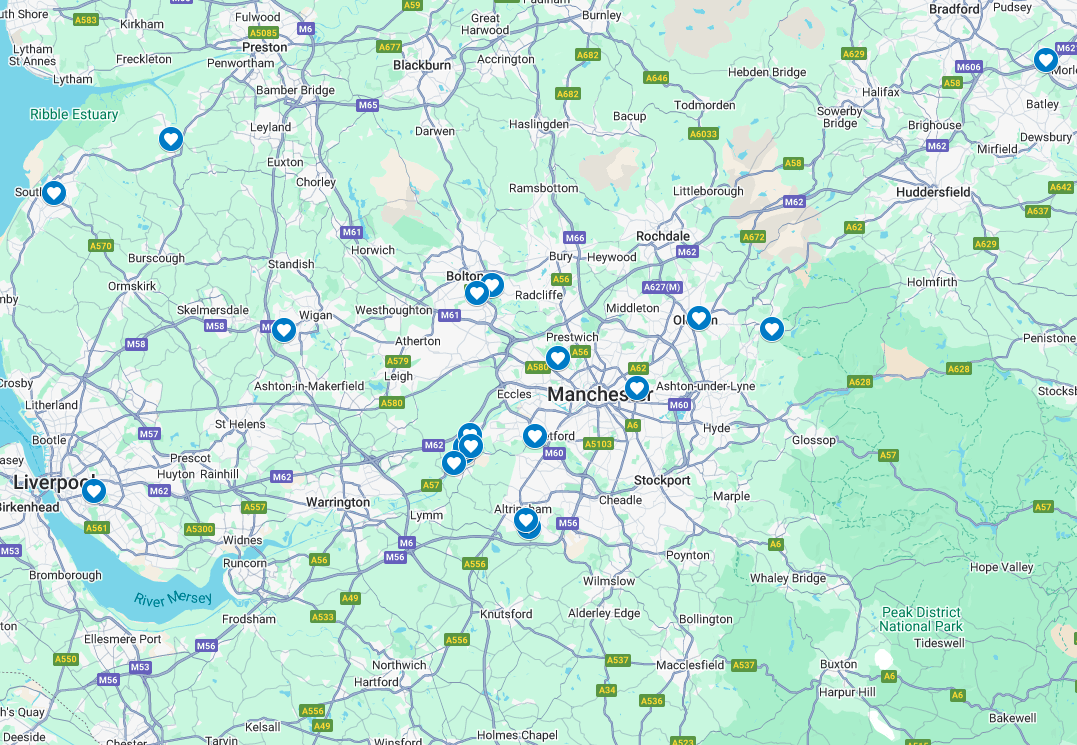The Connection between Heart Health and Mental Health

October 10th marks the annual World Mental Health Day, recognised by the World Health Organisation.
Every year, this day aims to remove the stigma that surrounds mental health and raise awareness for what needs to be done to make mental health care a possibility for everyone, worldwide. This year, the World Health Organisation has decided to concentrate the theme on Mental Health in the Workplace.
Every aspect of your health is of vital importance, but it has been found that there are some links between different health aspects, most notably, your heart health and mental health. For World Mental Health Day, we explore this year’s theme and the connection between your heart health and mental health.
Mental Health in the Workplace
For many of us, the majority of our adult lives are spent at work and different experience factors in the workplace affect our overall wellbeing. For full-time workers, in excess of 30 hours, a week are spent at work, that’s over 100 hours a month!
Employers who have placed workplace initiatives to promote staff wellbeing and who support staff with mental health issues see progress not only in their health but in their productivity too. A negative working environment is one of the many factors that can actually lead to both physical and mental health problems and less productivity at work.
Depression and various anxiety disorders are common mental health issues that have a significant impact on our ability to work and be productive. More than 300 million people globally are suffering from depression and more than 260 million are living with anxiety issues. Sadly, many people live with both.
These are some of the reasons this year’s theme focuses on Mental Health in the Workplace, which aims to raise awareness about mental health issues and provide better mental health support.
The Connection Between your Heart and Mental Health
Various studies have discovered that there is a distinct connection between having a mental health disorder and an increased risk level for contracting cardiovascular issues. The Heart and Stroke Foundation of Canada’s study discovered that:
People who have been diagnosed with a mental health issue are twice as likely to have suffered a stroke or heart disease. Those who have been previously diagnosed with a mental health issue and have not developed heart disease are more likely to develop it in the future. Certain psychiatric medicine has been linked to a higher risk of stroke and heart disease.
Now, many people may ask what their mental health has to do with the heart health. As with many chronic health issues, there is a combination of factors that contribute. People who currently live with mental health issues are more likely to adopt various lifestyle features that can contribute to the development of heart disease. These factors can be activities such as drinking and smoking.
Sadly, medication is also a big factor. Various medications that are used to treat mental health disorders can contribute to weight gain which can also contribute to the contraction of heart disease.
There is a stigma that surrounds mental health issues which can affect those who are diagnosed with a mental health issue and there is some evidence to suggest that medical professionals may not get the required medication or services to treat heart disease.
Mental health issues can make it difficult to make your voice heard and ask for treatment for any issue. This means that the early signs of heart disease can develop and not be treated.
Speak Up and Be Heard
It is important that if you believe you are potentially developing symptoms of heart disease, that you seek professional medical attention from your GP as they will be able to advise you further and recommend the best treatment.
Mental health is something that admittedly, isn’t brought into the conversation on a daily basis, but World Mental Health Day aims to change that and bring to light the issues that surround mental health and share ways you can help raise awareness.
Head on over to our Twitter page, @defibshop and share with us how you’ll be getting involved or, alternatively, leave us a comment in the commenting section below.












